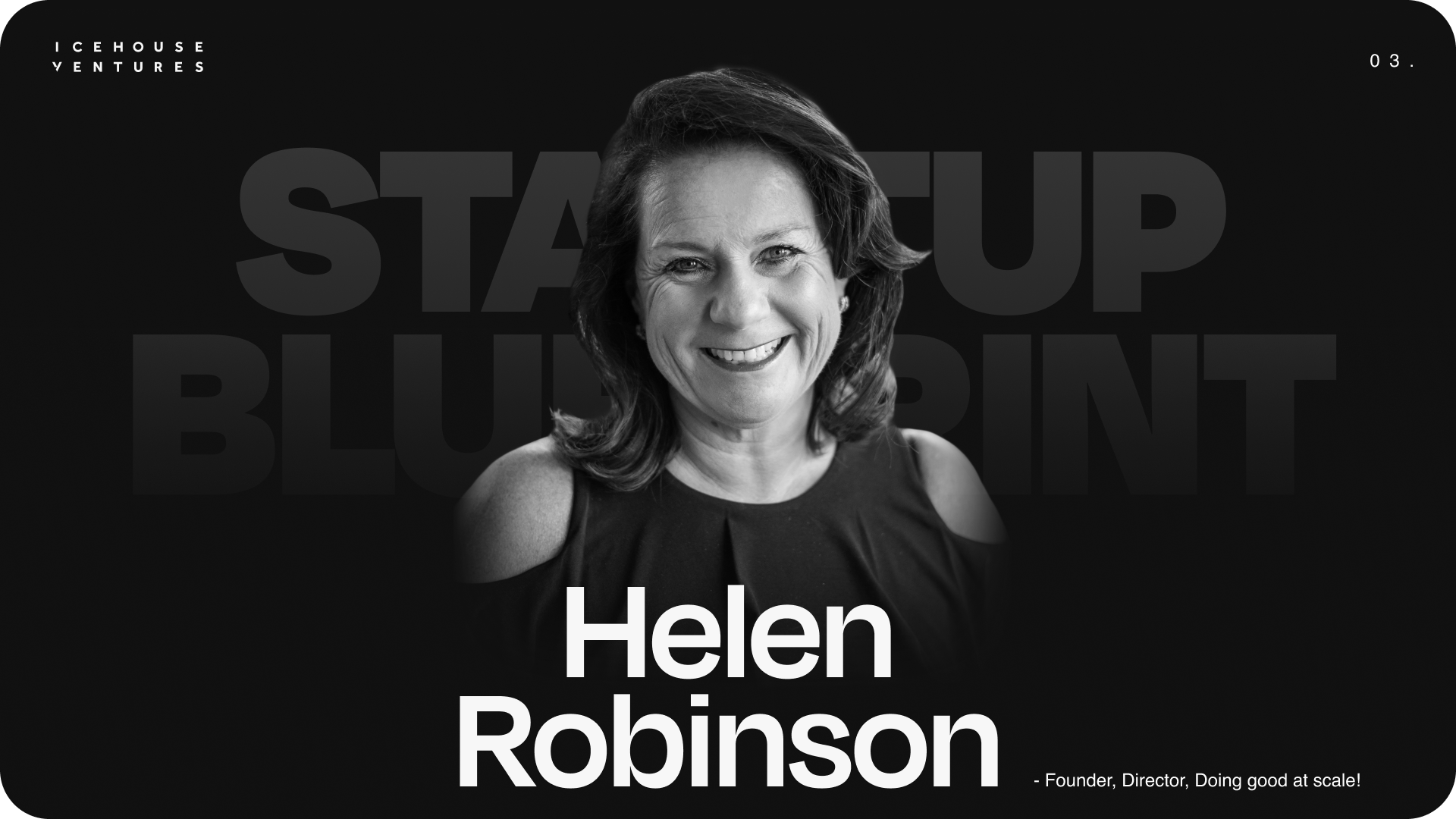Startup Blueprint: Anna Mowbray, Founder of ZEIL
November 2023 by Steph Benseman posted in Startups, Founders, CEO
Startup Blueprint: Tim Vaughan, CEO of Revision Village
October 2023 by Michaela Egbers posted in Startups, Founders, CEO
The Startup Blueprint series shares stories of founders and team members from some of Aotearoa's most epic and fast-growing startups. Hear about their journeys, learn from their insights, and maybe leave with a dose of inspiration.
We spoke with Tim Vaughan about his career journey, what sets a business apart when scaling internationally, the principles that hold true whether you're in a 20 or 250-person rocket ship, how to balance constant technological developments with long-term business strategy, and how to do it all from a little island at the bottom of the world.
Startup Blueprint: Courtney McConnochie, Head of Strategy at Basis
September 2023 by Steph Benseman posted in Startups, Founders, CEO
The Startup Blueprint series shares stories of founders and team members from some of Aotearoa's most epic and fast-growing startups. Hear about their journeys, learn from their insights, and maybe leave with a dose of inspiration.
We spoke with Courtney McConnochie, Head of Strategy at Basis, about her purpose-filled and impact-driven career. From being in elite sports, working in big tech, pioneering how businesses approach strategic design, to GTM strategies that are "good for the world and good for business", Courtney is an undercover powerhouse in NZ's startup ecosystem and we're excited to share some of her learnings with you.
Government can thank startups for BlackRock’s $2 billion clean energy investment
August 2023 by Robbie Paul posted in Funds, Startups, Founders, CEO, Portfolio, Technology
Our thoughts on how Blackrock's $2 billion clean energy fund came to our shores
Startup Blueprint: Jo Wickham, Partner at Icehouse Ventures
August 2023 by Michaela Egbers posted in Startups, Founders, CEO
The Startup Blueprint series shares stories of founders and team members from some of Aotearoa's most epic and fast-growing startups. Hear about their journeys, learn from their insights, and maybe leave with a dose of inspiration.
We spoke with our very own Jo Wickham, a Partner here at Icehouse Ventures, about her illustrious career that has spanned mergers and acquisitions, entering international markets, hustling in bootstrapped startups, and supporting founders to achieve their vision.
No Confusion About Fusion
August 2023 by Jo Wickham posted in Startups, Founders, CEO, Portfolio
A note on OpenStar, one of Icehouse Venture’s most ambitious startups.
Startup Blueprint: Simon Pound, Partner at Previously Unavailable
July 2023 by Steph Benseman posted in Startups, Founders, CEO
The Startup Blueprint series shares stories of founders and team members from some of Aotearoa's most epic and fast-growing startups. Hear about their journeys, learn from their insights, and maybe leave with a dose of inspiration.
We spoke with Simon Pound, Partner at Previously Unavailable, host of the 'Business is Boring' podcast, and an all-around creative strategy and branding guru.
Startup Blueprint: Samantha Gadd & Jenny Busing, Co-Founders & Co-CEOs, Excellent
June 2023 by Steph Benseman posted in Startups, Founders, CEO
The Startup Blueprint series shares stories of founders and team members from some of Aotearoa's most epic and fast-growing startups. Hear about their journeys, learn from their insights, and maybe leave with a dose of inspiration.
We spoke with Samantha Gadd and Jenny Busing, co-founders and co-CEOs of Excellent. Excellent believe in a world where every employee has a voice in designing their experience of work. They are spearheading the EX revolution, calling for leaders to design with rather than for their people.
Startup Blueprint: Nick Jackson, CTO, Pyper Vision
May 2023 by Steph Benseman posted in Startups, Founders, CEO
The Startup Blueprint series shares stories of founders and team members from some of Aotearoa's most epic and fast-growing startups. Hear about their journeys, learn from their insights, and maybe leave with a dose of inspiration.
We spoke with Nick Jackson, CTO of Pyper Vision about his journey growing with Pyper Vision, how he's up-skilled and continued learning along the way, and the juggling act of innovating while also working with regulators and other stakeholders.
Startup Blueprint: Helen Robinson
April 2023 by Michaela Egbers posted in Startups, Founders, CEO
The Startup Blueprint series shares stories of founders and team members from some of Aotearoa's most epic and fast-growing startups. Hear about their journeys, learn from their insights, and maybe leave with a dose of inspiration.
We spoke with Helen Robinson; professional director, legendary tech executive, founder of many startups including Organic Initiative (Oi), and champion of 'doing good at scale'.
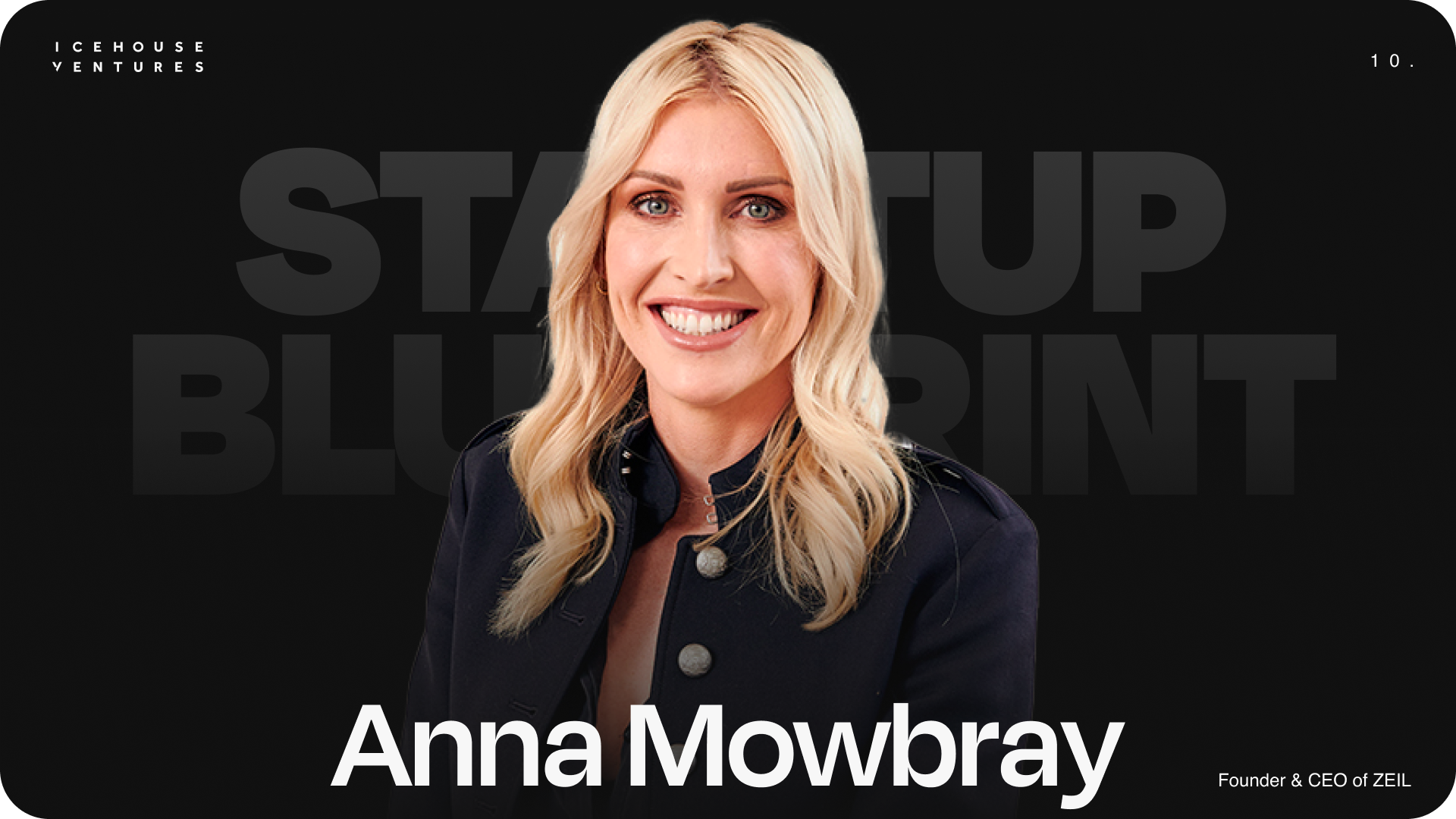
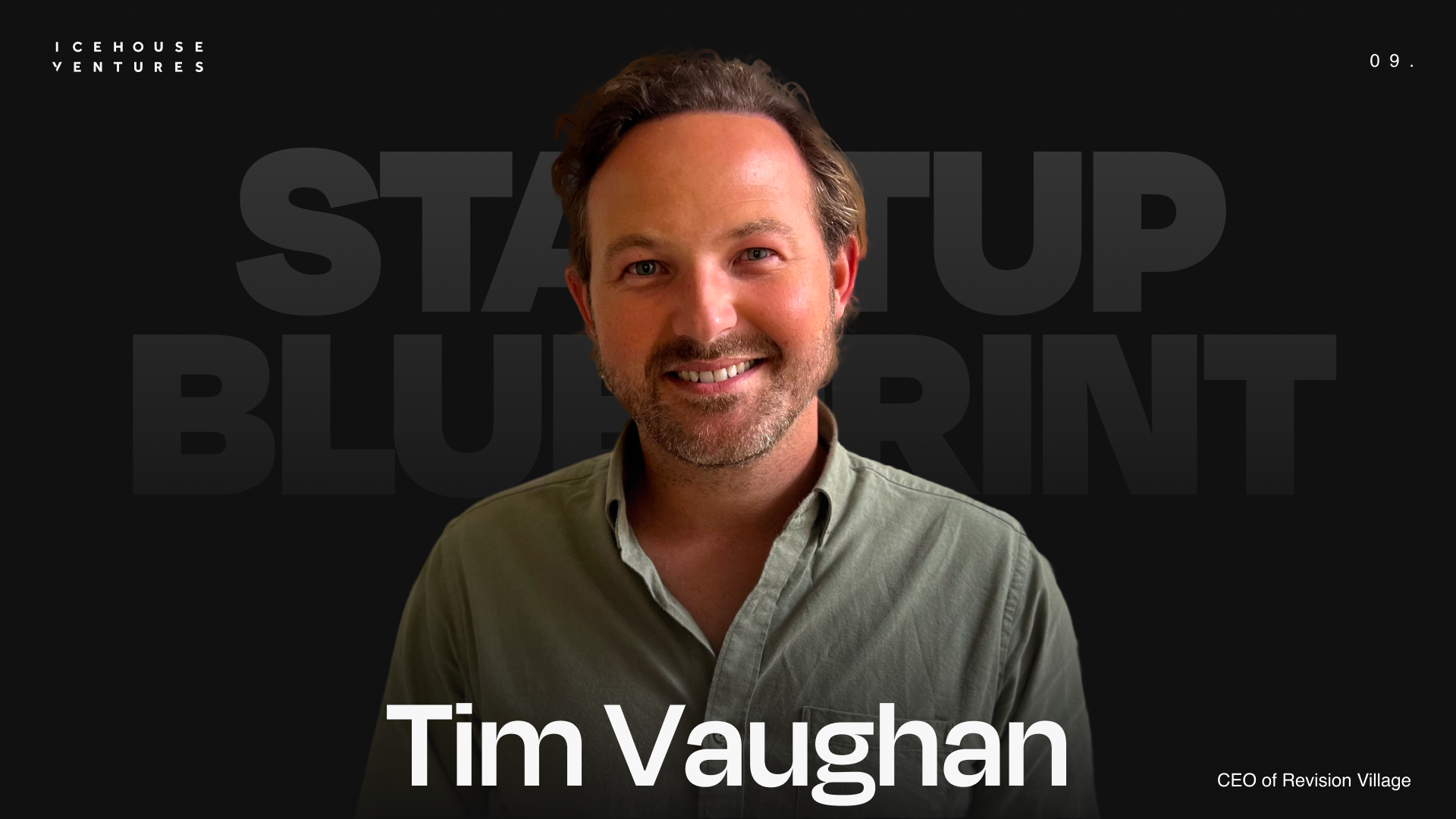
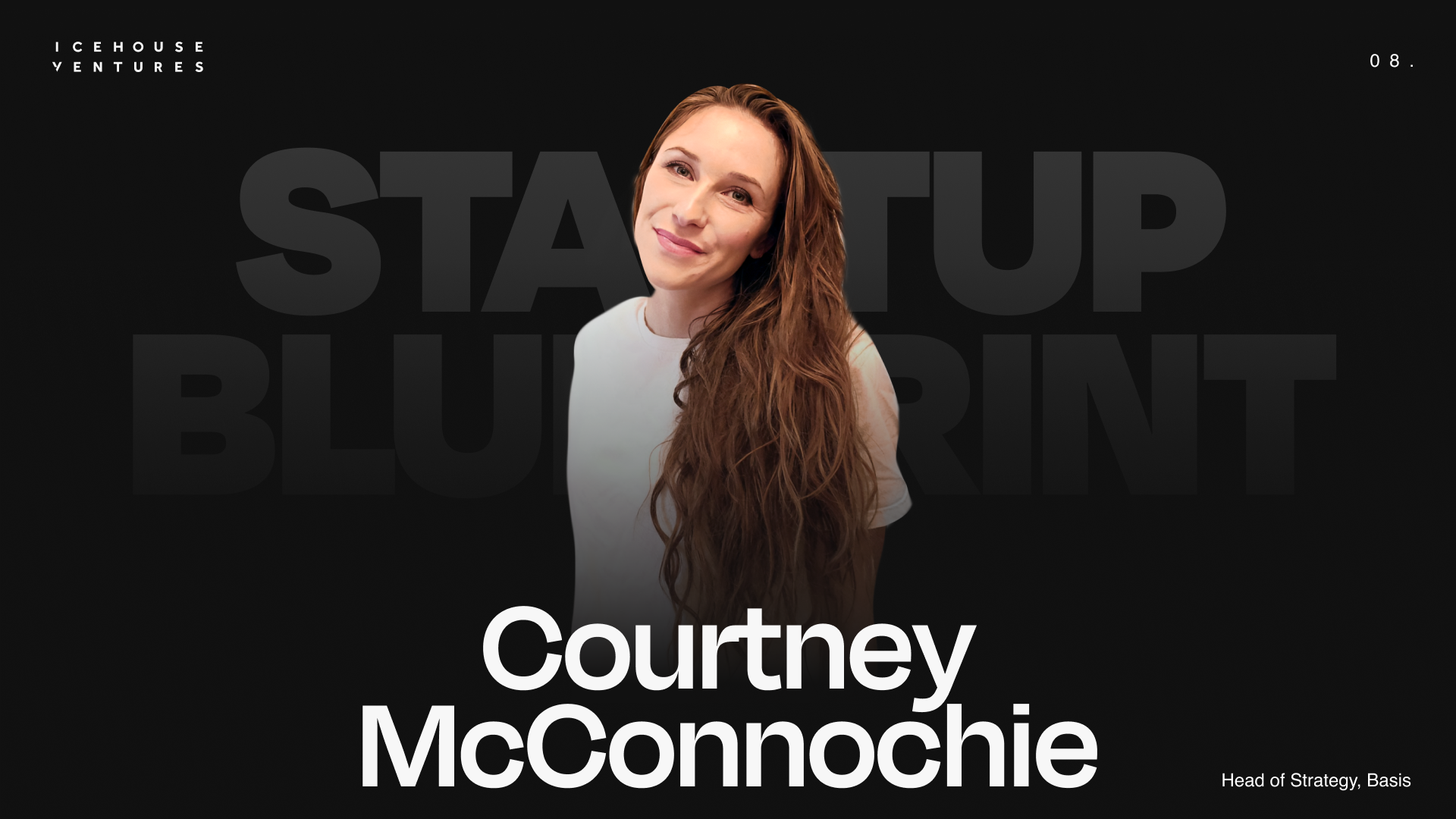

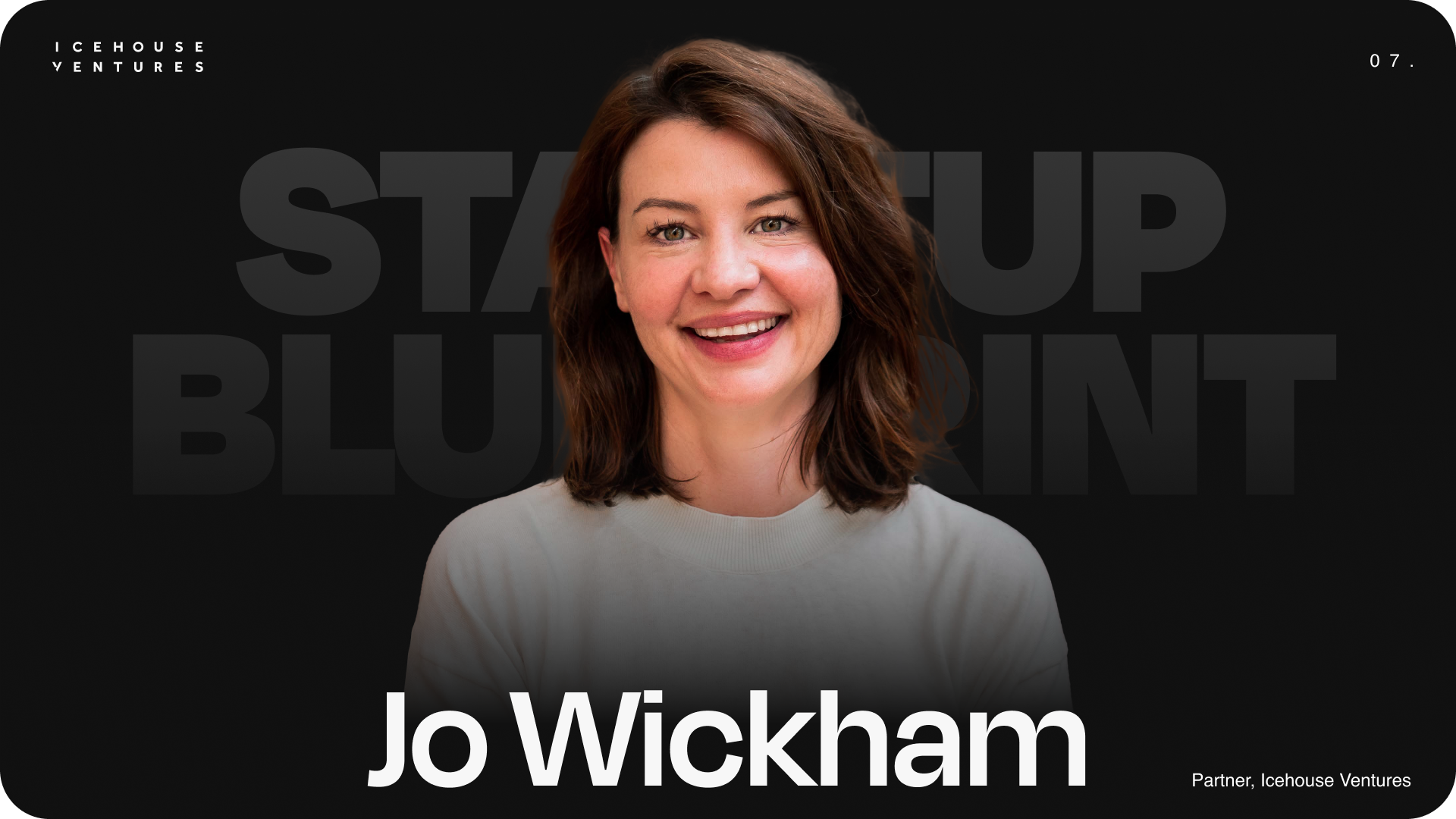

.png)
.png)
.png)
